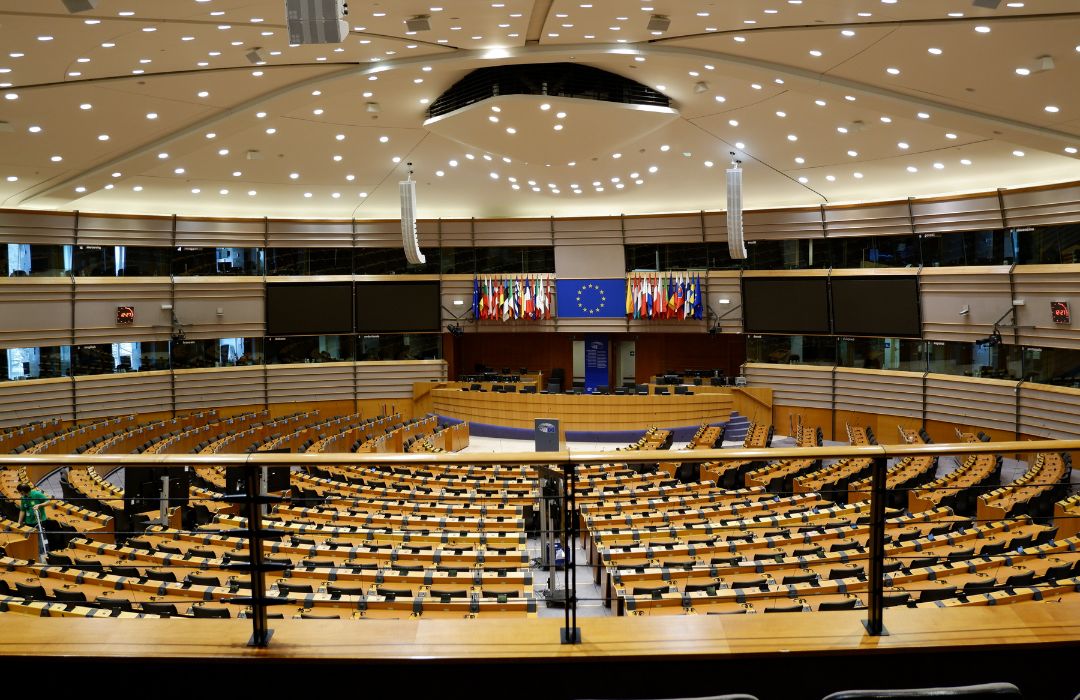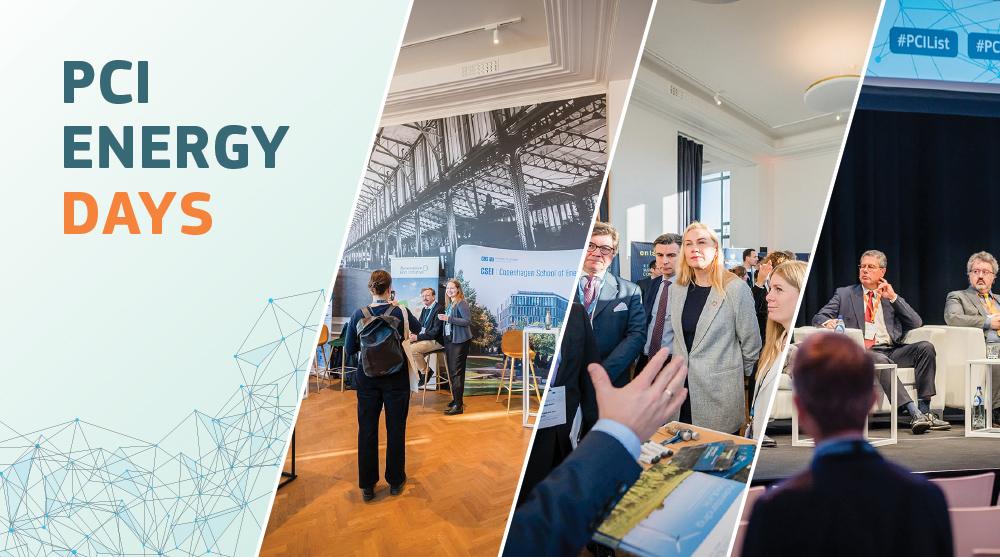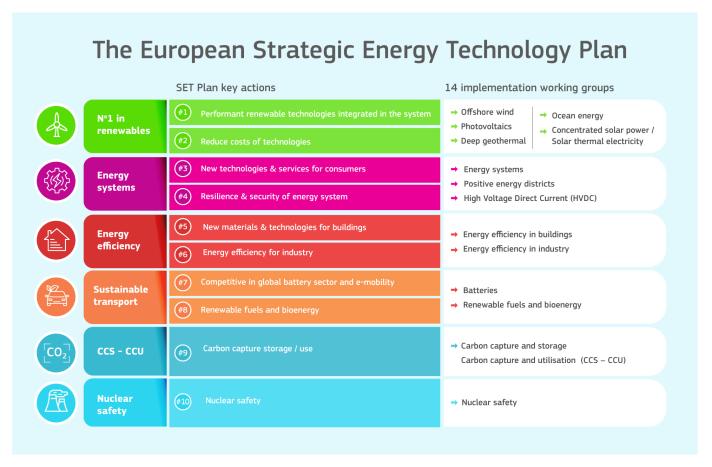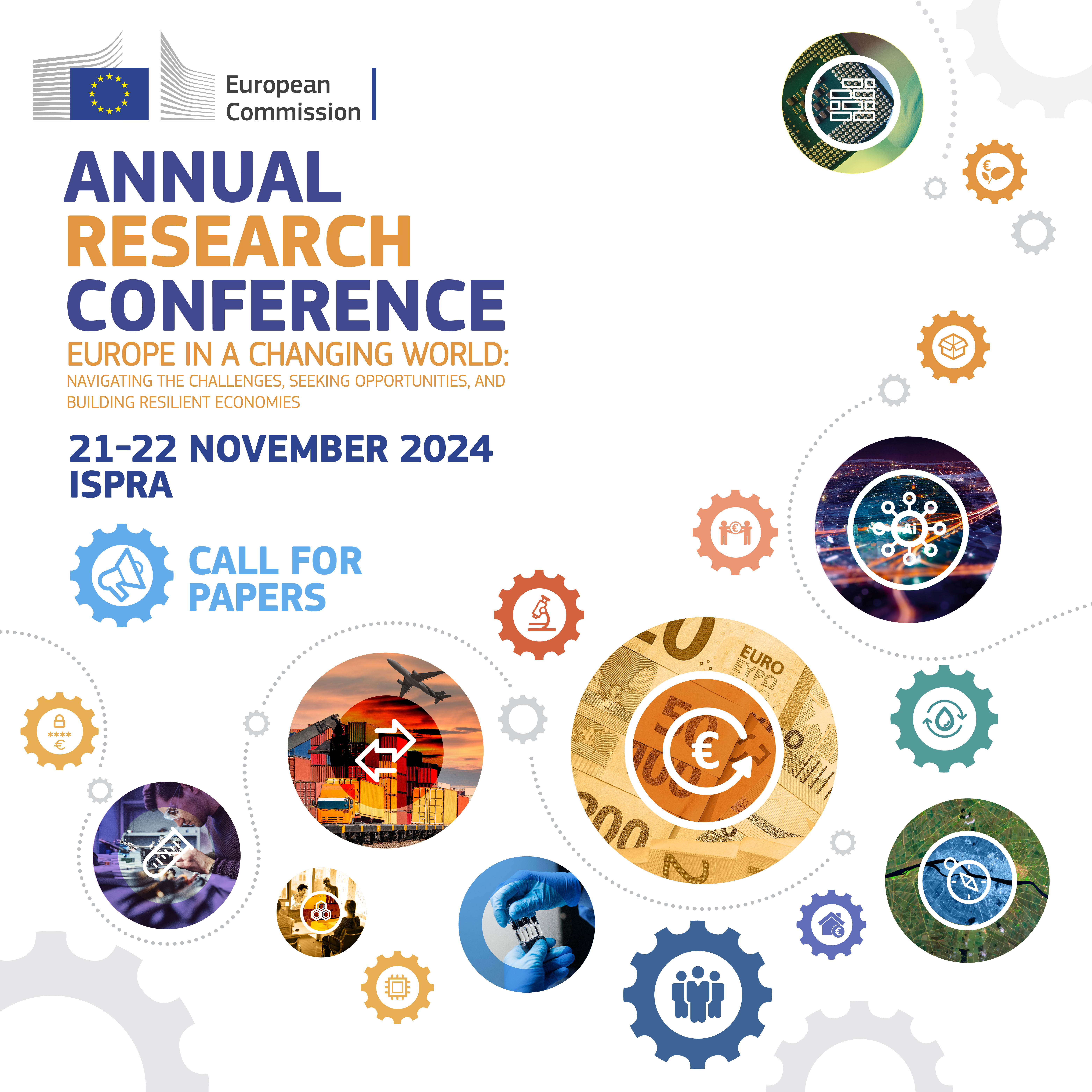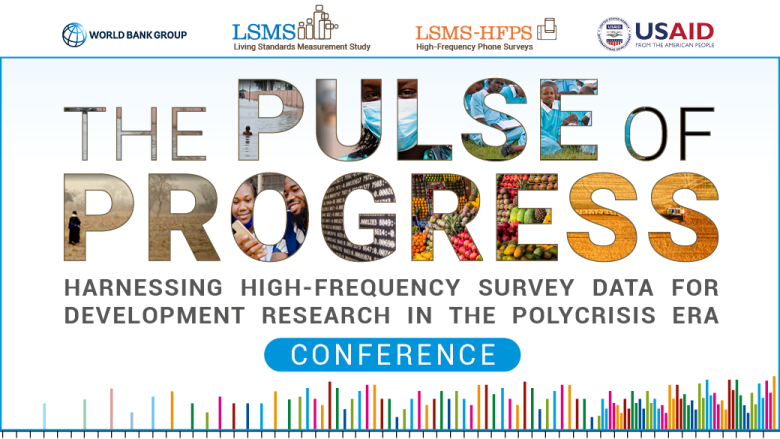The topic of radicalised and terrorist offenders is an ongoing pressing issue for the European Union Member States (EU MS). According to the TE-SAT report by Europol, there were 102 completed, failed, or foiled terrorist attacks in the EU during the years 2020-2022 and 1,217 terrorist-related arrests, many of which have led to convictions. Statistics show an average sentence for terrorist offences among EU MS of 7 years in 2022 (6 years in 2021). Throughout the EU many VETOs are released from prison and return to society annually. Therefore, it is crucial to implement comprehensive disengagement, deradicalisation, and resocialisation (DDR) programmes and interventions during imprisonment time and post release in order to prevent recidivism and return to use of violence.
The specific challenges of working with VETOs along the prison-exit continuum were discussed in several RAN meetings and events. For example:
The RAN Rehabilitation Manual sets out several key steps and practical guidelines for the chronological phases of rehabilitation processes throughout the prison-exit transition. Since its inception, many new experiences have been created across Europe on rehabilitation, amidst a changing landscape of violent extremism and radicalisation. While the majority of preventing and countering violent extremism (P/CVE) work has in past years targeted violent right-wing extremism, religiously motivated or Islamist extremism, and to some extent left-wing extremism, today many more definitions and motivations should be addressed, for example hybrid ideologies, possible radicalisation of environmentalist and anti-authority protests, and radicalisation related to the effects of geopolitical crises. In addition, many VETOs have already been through processes of disengagement, deradicalisation, and resocialisation and are now at a post-release stage or even living their lives as part of society without further interventions. This changing landscape requires a practitioner-led review of existing approaches and adjustment to new realities in light of new knowledge and practice.
Given this background, the focus of this thematic event is to bring together practitioners with vast knowledge and experience in DDR work with VETOs in the prison and post-release contexts. They will share good practices alongside challenges they experience in the prison-release continuum. The meeting will create a space for P/CVE practitioners from across the EU to share experiences, learn from each other, and create connections so that they can keep learning and creating collaborations in the future.
During the thematic event, practitioners will examine the work done in the past few years by discussing real-life case studies and reflecting on the relevant rehabilitation processes today under the scope of the prison-exit continuum. The aim is to identify and assess new trends, what works, and what needs to be adapted within the predominant approaches and tools used in DDR work.
The event will address the following key questions:
We are looking for participants from the EU and the Western Balkans with the following profile:
If you are interested in participating in this meeting, please fill out this form by 22 February 2024. We will invite participants based on the information provided therein. Please keep in mind that we only have a limited number of places available for this meeting to foster exchange, so participation cannot be guaranteed.
If you have any further questions, please don’t hesitate to contact Maarten van de Donk, Niv Zonis, Rositsa Dzhekova, or Carlijn Binnendijk.
